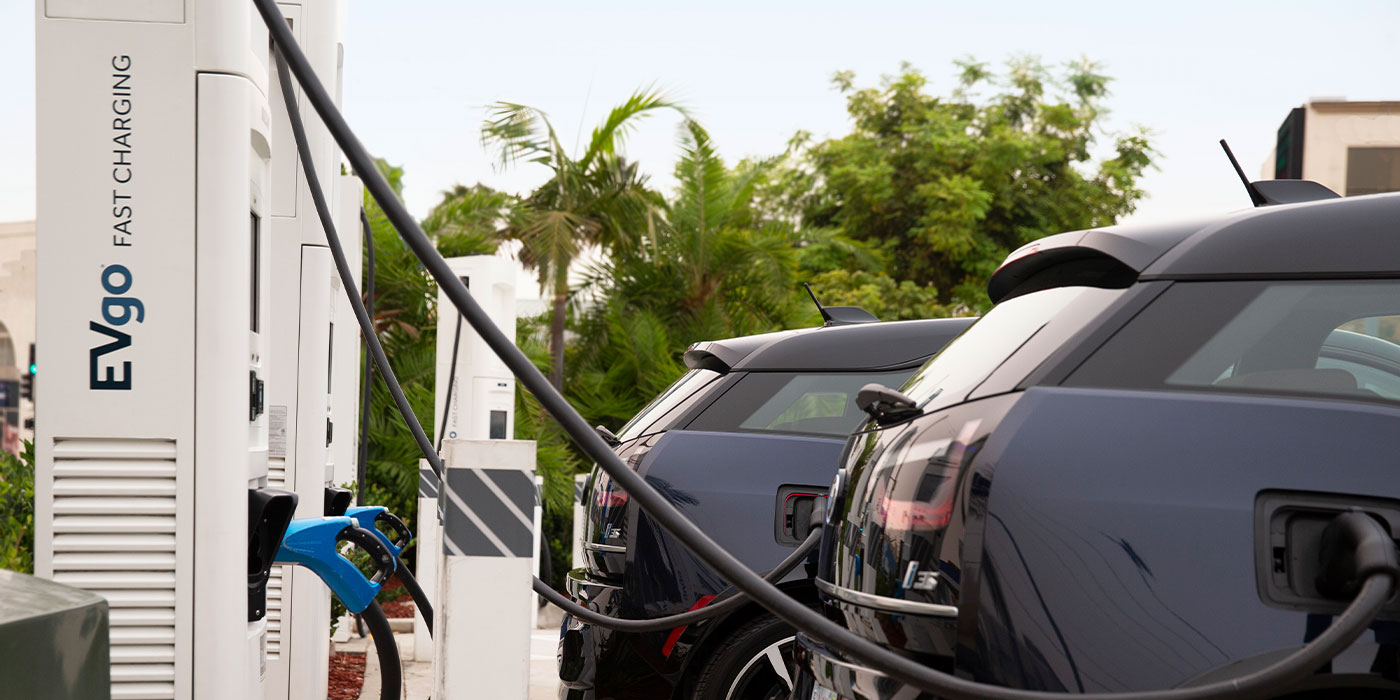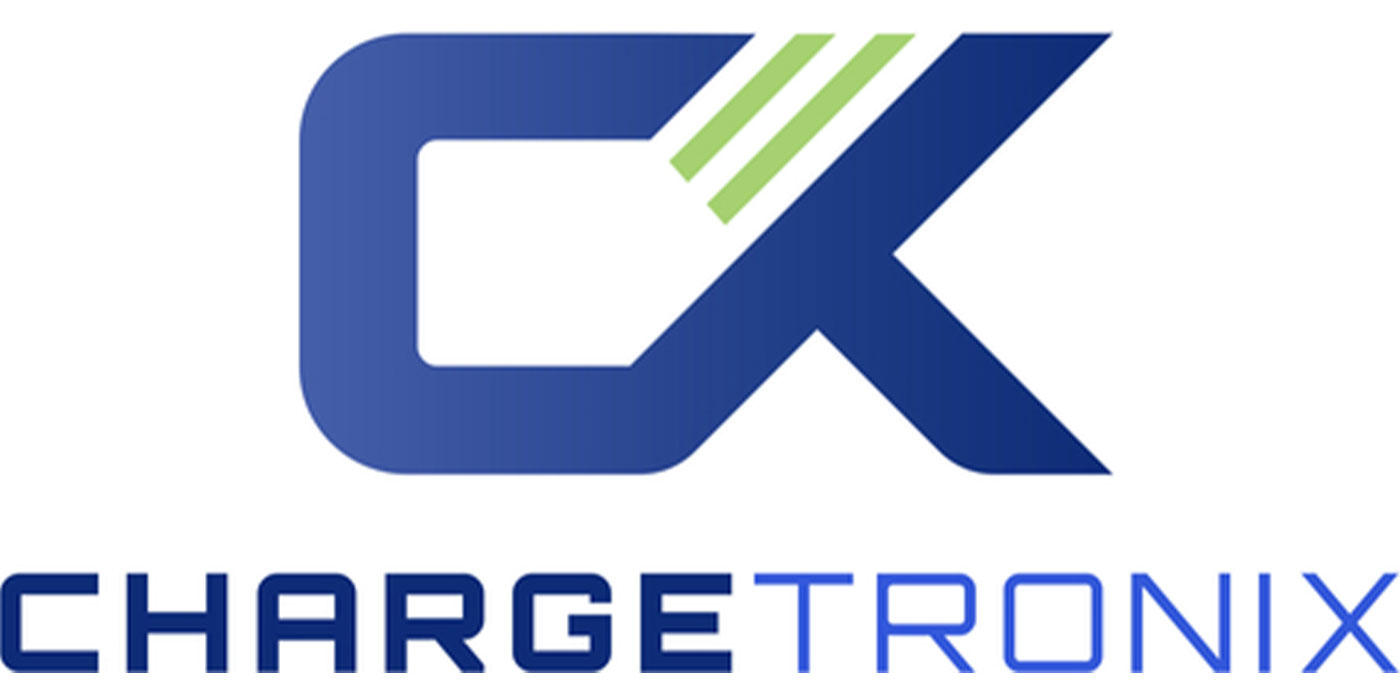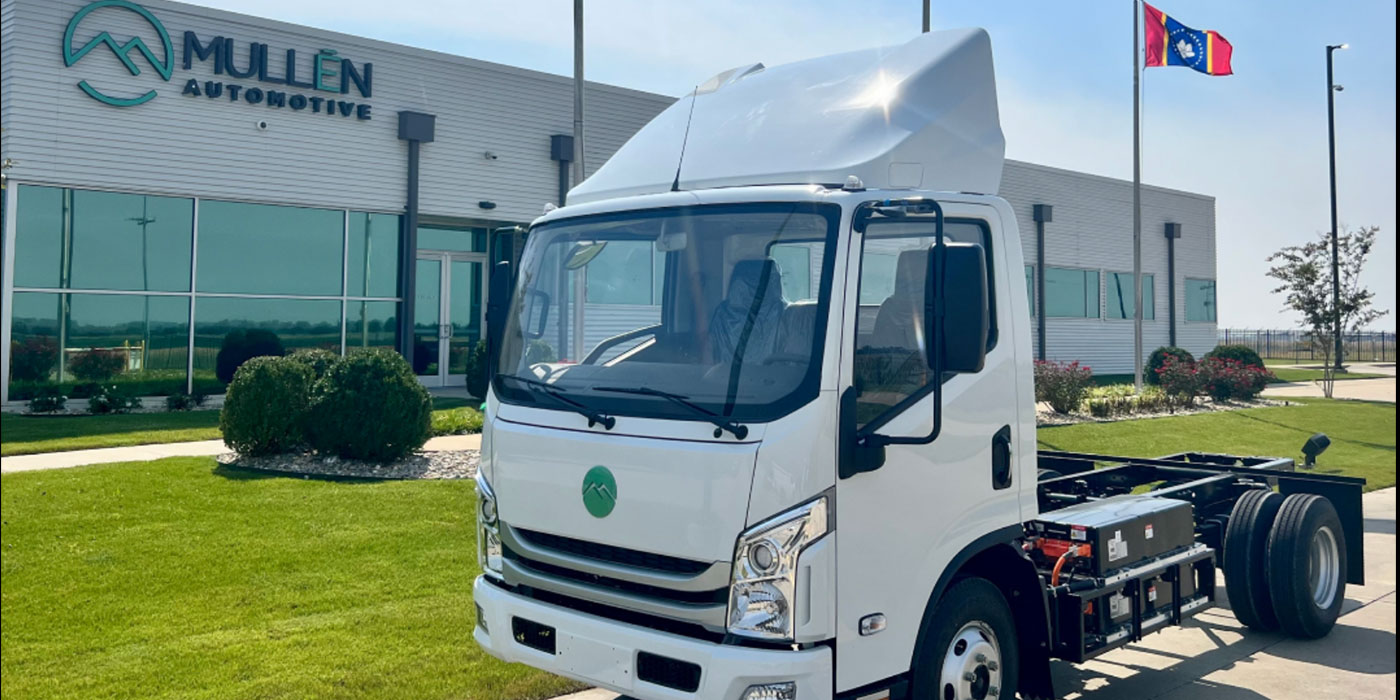According to AftermarketNews.com and analysis from IHS Markit, a world leader in information, analytics and solutions, registrations in the U.S. of electric vehicles (EV) reached record market share of 1.8% in 2020, demonstrating increased consumer interest for electric vehicles. December 2020 also represented the highest monthly share for EV new registrations, at 2.5% of the industry – a record monthly level since IHS Markit began tracking new vehicle registration data by fuel type. For the purposes of this analysis, EVs reflect those vehicles only powered by electricity and no other power source.
While overall registration volumes were down across the industry for the year due to COVID-19 impacts, the fact that EVs experienced such increased share indicates rising consumer acceptance of EVs. In fact, from a retail perspective, EVs accounted for 2.8% of new vehicle registrations in December, according to the analysis, more than tripling EV retail share three years ago. This rising EV acceptance coincides with recent OEM announcements of substantial investments in electrification.

Further development of EV share in the U.S. in 2021 is nearly guaranteed. IHS Markit forecasts EV sales in 2021 will surpass 3.5% nationally, and continue to increase to more than 10% in 2025. Across the automotive spectrum, a wave of new EV products and brands all point to support EV trends in 2021 and beyond. With more than 100 new EV options expected between 2021 and 2025, a continued increase in consumer acceptance and demand will grow as ICE options are displaced by EVs.
Tom Libby, IHS Markit associate director of Industry Analysis, has been following fuel type market share for several years and noted, “Consumer acceptance of electric vehicles is increasing, though at a modest pace, and now is at record levels. We continue to see significant contrasts in EV adoption across different regions of the country, led by the two coasts.”
From a regional perspective, EV market share is highest in the Western Region, where 4.8% of all new vehicles registered are electric vehicles. The San Francisco DMA’s EV share of 11% far exceeds that of any other major DMA in the Western Region. EV market share is 1.6% in the Northeast, the second highest region on this metric, and the New York City DMA’s share of 2% is driving the Northeast. In the Southeast, just 1.1% of 2020 new vehicle registrations were electric vehicles, and the Washington, D.C., DMA is leading the way at 2.5% during the same time period. The Southwest Region EV share was just .9% in 2020, while Austin was the top DMA with a 2.1% EV market share. Lastly, the Midwest region had the smallest EV market share in 2020 at just .8%. Predictably, Chicago led all other Midwest DMAs with a 1.5% EV market share.
Loyalty to EVs Expected to Continue to Grow
EV owners are returning to market for another EV at record levels as well, and this is expected to continue, according to IHS Markit. More than half of EV households that return to market acquire another EV, up substantially from prior years.
“Record high EV loyalty rates imply consumer acceptance for the entire electric vehicle concept,” Libby said.
IHS Markit has been tracking automotive loyalty for 25 years and is relied upon by major automakers and their marketing partners to effectively manage owner loyalty and conquest efforts through in-depth research and analysis of automotive shopping behaviors, related market influencers and conquest and retention strategies.





